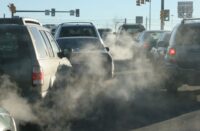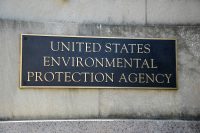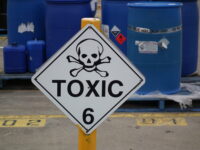Back to Basics: The Biden Administration’s Final New Auto Emissions Standards
Back to Basics is a weekly feature that highlights important but possibly overlooked information that any EHS professional should know. This week, we examine the federal government’s new final auto emissions standards. On March 20, 2024, the EPA announced final national pollution standards for passenger cars, light-duty trucks, and medium-duty vehicles for model years 2027 […]










